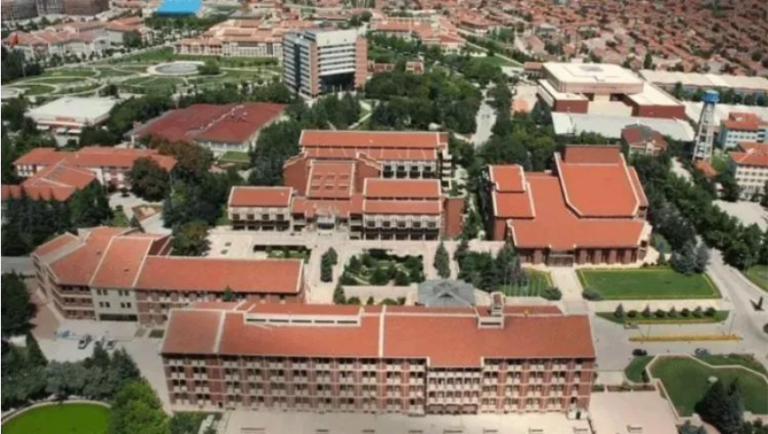The Turkish Higher Education System: 2026 Guide to Degrees & Costs
Table of Contents
The Turkish higher education system is a paradox. It bridges strict European Bologna standards with deep rooted local traditions. For international students and expats, it often looks like a bureaucratic maze: A single central authority controls every move, degrees carry unique titles like “Sanatta Yeterlik,” and the legal distinction between a “Foundation University” and a “Private Uni” can make a massive difference to your bank account.
We are going to dismantle this system and look at the mechanics. Forget the dry legislation; we are breaking down exactly what this means for your educationor your children’sas we head into 2026.

The Central Command: YÖK and Law No. 2547
To survive Turkish academia, you need to learn one acronym immediately: YÖK (Yükseköğretim Kurulu / Council of Higher Education). Since the passing of Higher Education Law No. 2547 in 1981, the entire university ecosystem has been centralized. Unlike in the US or Germany, where states or individual colleges hold significant power, in Turkey, all roads lead to YÖK.
So, what does this mean for you? Standardization. Whether you are studying in the bustling metropolis of Istanbul or a quiet campus in Anatolia, the ground rules, admission mechanisms, and degree recognitions are identical. The system has been aggressively reformed to align with the European Bologna Process. The result is a 3-cycle structure (Bachelor, Master, PhD) that is internationally recognized but centrally policed.



